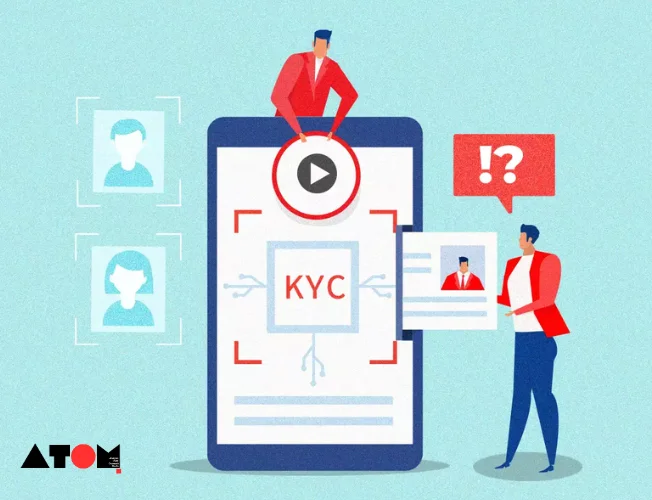Fintech startups in India are facing a stricter regulatory environment, particularly regarding Know Your Customer (KYC) norms.
Key Takeaways
- RBI prioritizes strong KYC: The central bank emphasizes video KYC as the primary verification method for all customer onboarding, aiming to combat money laundering and enhance financial security.
- Relaxation sought by industry: Fintech players requested leniency in KYC requirements, especially for low-value transactions. Options like e-KYC using Aadhaar or verification via Digilocker were proposed for a smoother onboarding process.
- P2P lending under scrutiny: The RBI is looking into the challenges faced by Peer-to-Peer (P2P) lending platforms. While acknowledging their concerns, the regulator stressed the importance of adhering to existing regulations to prevent potential risks.
- First Loss Default Guarantee (FLDG) discussion: P2P startups requested a review of the FLDG guidelines, which currently mandate a 5% ILF (Invested Loan Funds) provision. The industry proposes calculating FLDG based on Asset Under Management (AUM) for better risk management.
- Stricter KYC for payment startups: The RBI is enforcing bank-grade KYC for payment aggregators like PhonePe, Paytm, and Razorpay. This stricter approach aims to address potential financial risks associated with digital payments.
- Industry concerns: Fintech companies express concerns about increased operational costs and potential customer onboarding slowdown due to the stricter KYC mandates. However, they acknowledge the importance of robust verification measures for a healthy financial ecosystem.
What it means for Fintech Startups
The RBI’s stance puts a strong emphasis on customer verification. While this can bring long-term benefits in terms of security and stability, it poses some challenges in the short term:
- Increased operational costs: Integrating video KYC and complying with stricter verification norms will require additional resources from fintech startups.
- Slower customer onboarding: The more complex KYC process might lead to a slowdown in new customer acquisition, especially for low-value transactions.
The Road Ahead
The Indian fintech sector is expected to experience significant growth in the coming years. While navigating the stricter regulatory environment might pose temporary challenges, it ultimately benefits the industry by promoting trust and security.
Fintech startups will need to adapt their strategies by:
- Investing in robust KYC infrastructure: Integrating video conferencing tools and leveraging government-backed verification platforms like Aadhaar and Digilocker can streamline the KYC process.
- Educating customers: Communicating the importance of KYC clearly to their users can help overcome potential resistance due to the more complex verification steps.
- Collaborating with regulators: Maintaining open communication with the RBI to explore solutions that balance security concerns with industry growth is crucial.
The stricter KYC norms mandated by the RBI present both opportunities and challenges for Indian fintech startups. By prioritizing robust verification measures and adapting their strategies, these companies can navigate the current landscape and thrive in the long run.
Read more: Marketing News, Advertising News, PR and Finance News, Digital News





